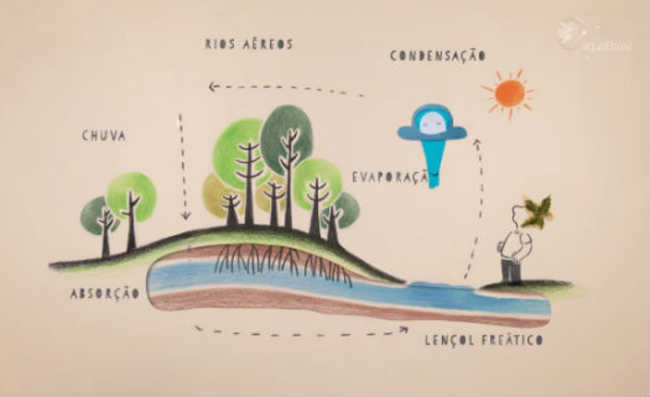Five Tips for Becoming a "Genius"
Measures help optimize cognitive ability regardless of age

How many times have you failed to do something simply because it was too difficult or because you were too old for it? Were there situations where you, for example, didn't carry out your desire to paint because you believed you didn't have the gift for art? According to David Shenk, author of The Genius in All of Us, the belief in innate gifts is comforting because it relieves us of the weight of expectations. In other words, it's easier to think that we weren't born for such a thing than to struggle to be good at it and not succeed.
For David, that doesn't exist. It is impossible to know in adolescence whether someone will have the potential for greatness, or limit that potential to age. Your IQ grows exponentially during adolescence and early adulthood, becoming stable as we age. However, that does not mean that its potential ends there. Below are some steps and tips on how to become a genius that can help you reach your fullest potential.
1. Train your memory
University of California professor Susanne Jaeggi discovered a way to increase fluid intelligence, that is, the ability to reason and solve new problems regardless of prior knowledge. His name is n-back, is a kind of thinking game that many cognitive enhancement apps use today. Memory is also heavily dependent on sleep, so sleeping well is another tip.
Click here and check out five foods to stimulate memory and concentration.
2. Open up to new views
Another way to increase your intelligence is to expand your network and consider other points of view. Exercise will open your mind to new opportunities and promote cognitive growth. Learning is the act of opening up to new information and meeting new people makes the process easier, especially when points of view conflict with your own. According to Roche, you should open your mind and listen to arguments that don't make sense to you and still try to make them make sense.
3. Work out
Doing cardiovascular exercises (learn more about them here) can increase your verbal intelligence and improve long-term memory, according to the University of Gothenburg in Sweden. Increased cardiovascular exercise was associated with improved cognitive outcomes. Muscle strength, however, had a weaker association with intelligence. To learn how to exercise in an environmentally friendly way, click here.
4. Play video games
To some it may seem like a waste of time, but playing video games can stimulate neuron growth and promote connectivity in brain regions responsible for spatial orientation, memory formation, and strategic planning. And don't think that video games are only for young people. As we've already mentioned here, research by a team of neurologists, psychiatrists and psychologists at the University of California, San Francisco, USA, found cognitive improvement in elderly people who played a video game made by the team.
5. Meditate
Meditation may increase brain neuroplasticity, according to a University of Oregon study. Participants followed a five-day regimen that included twenty minutes of meditation a day, focusing on posture, breathing, and imagery. The researchers found that the practice improved the brain's white matter efficiency, improving attention and thinking ability and problem solving. Meditating improves the ability to interpret facts, making it easier for the brain to process more difficult information in a more orderly way.










